Posted on 12/21/2024

Lexus vehicles are known for their luxury, performance, and reliability. But like any car, they aren’t immune to wear and tear. Whether you’re cruising the streets of Berkeley, CA, or embarking on a long road trip, keeping an eye out for common Lexus issues can save you time, money, and stress. Curious about the challenges Lexus owners often face? Let’s explore. 1. Dashboard Melting or Cracking Issues Many Lexus owners, particularly those with older models like the ES or RX series, have problems with dashboard deterioration. In hotter climates, the dashboard material can become sticky, melt, or develop cracks over time. This isn’t just an aesthetic issue; a damaged dashboard can create glare, reducing visibility while driving. While Lexus has sometimes addressed this problem through recalls and warranties, checking your dashboard for early signs of wear can help you tackle the issue before it worsens. 2. Premature Wear on Suspension ... read more
Posted on 11/28/2024
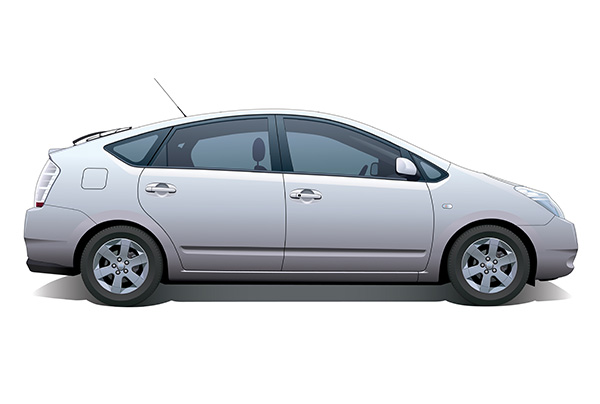
When people hear the name Toyota, one word often comes to mind: reliability. Over decades, Toyota has earned its reputation as one of the most dependable car manufacturers in the world. But have you ever wondered what makes their vehicles so trustworthy? It’s not just luck. Toyota has a meticulous approach to engineering, manufacturing, and innovation that prioritizes long-term durability. Let’s take a closer look at the factors behind Toyota’s stellar reputation for reliability. Rigorous Quality Control Toyota’s dedication to quality begins long before a car hits the road. Every component, from the smallest bolt to the engine itself, undergoes strict quality checks during production. Their factories are known for their precision and cleanliness, with every step of the process designed to prevent errors. What’s more, Toyota applies the principle of “kaizen,” a Japanese term meaning continuous improvement. This philosophy dri ... read more
Posted on 10/31/2024
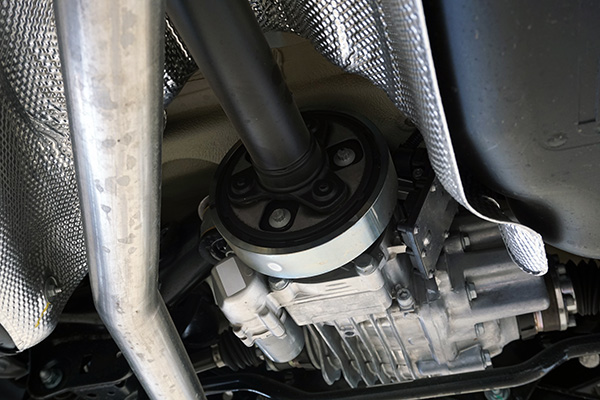
Your car’s axles are keeping your car moving—literally. They transfer power from the engine to the wheels, allowing you to drive. But axles wear out over time, leading to some serious problems if not addressed. The tricky part is knowing when your axles are showing signs of wear and tear. Waiting too long could result in a dangerous driving situation, not to mention a hefty repair bill. So, how can you tell if your car axles are worn out? Strange Noises When Turning or Driving One of the first signs that your car axles might be worn out is unusual noises while driving, especially when turning or accelerating. If you hear clicking, popping, or clunking sounds, it could be a sign that your axle joints, known as CV joints (constant velocity joints), are damaged. These joints are covered by rubber boots that protect them from dirt, debris, and moisture. Over time, these boots can crack or break, allowing grime to enter the joint, which can lead to wear and no ... read more
Posted on 9/30/2024

An electric trunk door is a convenient feature on many modern vehicles, providing easy access to the rear of your car with just the push of a button. However, it can be incredibly frustrating when your electric trunk door stops functioning properly—failing to close or becoming stuck in the process. If your trunk door is giving you trouble, it could be due to several common issues. But don’t worry—this guide will walk you through some of the common causes and what you can do to resolve them. Check for Obstructions Sometimes, the simplest explanation is the most accurate. Before diving into more complex troubleshooting, inspect your trunk for any objects that might be blocking its path. It could be something small like a grocery bag strap or larger items like luggage or sporting equipment. Even a slight obstruction can trigger the trunk&rsqu ... read more
Posted on 8/27/2024

Whether you’re navigating icy roads in winter or tackling rugged off-road terrain, Subaru’s AWD technology offers a level of control and safety that other systems struggle to match. But what exactly makes it so special? Let’s break down the unique benefits of Subaru's all-wheel drive and why it's often the go-to choice for those who want adventure without sacrificing peace of mind. 1. Enhanced Traction for All Conditions One of the standout features of Subaru’s AWD system is its ability to provide constant, balanced traction to all four wheels. Unlike two-wheel-drive vehicles, where power is only sent to either the front or rear wheels, Subaru’s symmetrical all-wheel drive distributes power evenly to all wheels. This results in better grip, regardless of the road or weather conditions. This added traction may seem like an extra bonus in everyday driving situations, but it’s in tricky scenarios—like wet, snowy, or sli ... read more
Posted on 7/29/2024

The Toyota Corolla holds a prestigious title in the automotive world as the best-selling car of all time. But how did this humble compact sedan achieve such remarkable success? This is the fascinating journey of the Toyota Corolla and the key factors behind its enduring popularity. The Birth of an Icon The story of the Toyota Corolla began in the 1960s when Toyota Motor Corporation aimed to create a reliable and affordable compact car for the masses. Launched in 1966, the first-generation Corolla embodied the company's vision of providing practical transportation to the masses. With its compact dimensions, fuel efficiency, and affordability, the Corolla quickly gained traction in both domestic and international markets. Evolution and Innovation As the automotive landscape evolved, so did the Toyota Corolla. With each successive generation, Toyota refined and improved the Corolla to meet consumers' changing needs and preferences. From introd ... read more
Posted on 6/28/2024
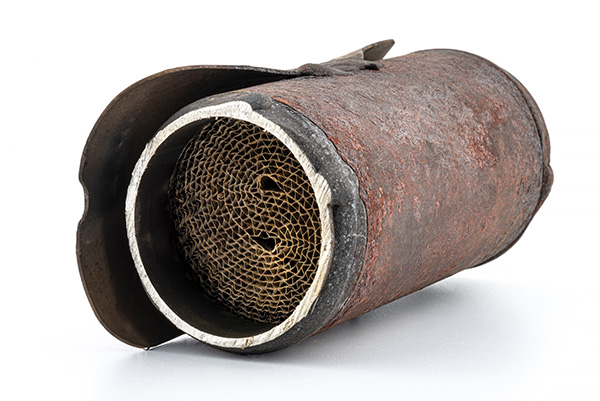
Is your car not running as smoothly as it used to? A clogged catalytic converter could be the culprit. This essential component in your vehicle's exhaust system is responsible for reducing harmful emissions, but when it gets clogged, it can lead to a variety of problems. Let's explore the five telltale signs that your catalytic converter might be clogged and what you can do about it. Why a Clogged Catalytic Converter Is a Serious Issue A catalytic converter is crucial for reducing your vehicle's environmental impact by converting harmful pollutants into less harmful emissions. When it gets clogged, it can't perform this function efficiently, leading to increased emissions and a host of performance issues. Ignoring these signs can lead to more severe damage and costly repairs down the line. Sign #1: Poor Engine PerformanceA drop in en ... read more
Posted on 5/31/2024
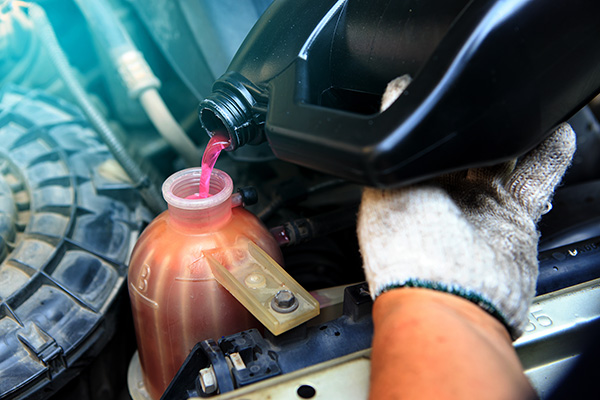
Maintaining your vehicle's health involves various crucial services, one of them being the coolant flush. Coolant, or antifreeze, plays a vital role in regulating your car's engine temperature and preventing it from overheating. But how do you know when it's time for a coolant flush? Why Coolant Flushes Are Important A coolant flush involves draining the old, degraded coolant from your vehicle's cooling system and replacing it with fresh coolant. This process helps remove rust, scale deposits, and other contaminants that can clog the cooling system and impair its function. Regular coolant flushes can prevent engine overheating, improve system efficiency, and extend the life of your vehicle. Manufacturer Recommendations Most vehicle manufacturers provide specific guidelines on when to perform a coolant flush. Typically, it is recommended every 30,000 miles or every 2 to 3 years, whichever comes first. However, these intervals can var ... read more
Posted on 4/29/2024
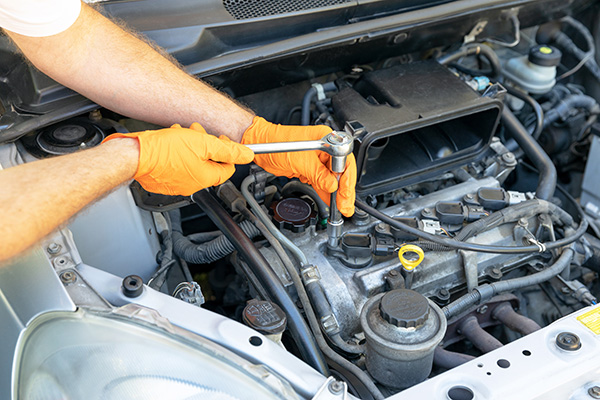
This article will examine the often frustrating experience of engine misfires and rough idling. These issues can be a headache for any vehicle owner, causing performance issues and potential damage if left unaddressed. Let's explore the top five common reasons behind these symptoms and how you can identify and resolve them. Engine Misfires Engine misfires occur when the air-fuel mixture in the combustion chamber fails to ignite properly. This disruption leads to a loss of power, rough idling, and potentially harmful emissions. Several factors can contribute to this problem, each requiring a unique diagnosis and repair. 1. Faulty Spark Plugs Spark plugs are crucial in igniting the air-fuel mixture within the engine cylinders. Over time, spark plugs can wear out, become fouled with deposits, or develop gaps that hinder proper ignition. Regul ... read more
Posted on 3/29/2024

Owning a Lexus is a symbol of luxury and performance, but maintaining its pristine condition requires diligence and care. To keep your Lexus running smoothly for years to come, it's essential to prioritize regular maintenance procedures tailored to its specific needs. 1. Regular Oil Changes with Genuine Lexus Oil As you might know, oil changes are crucial for maintaining engine health and performance. Lexus recommends using genuine Lexus oil, specially formulated to meet the precise specifications of your vehicle's engine. This high-quality oil provides optimal lubrication and protection against engine wear, ensuring smooth operation and longevity. Schedule oil changes at the intervals recommended in your Lexus owner's manual, typically every 5,000 to 10,000 miles or every 6 to 12 months, depending on your driving habits and environmental conditions ... read more